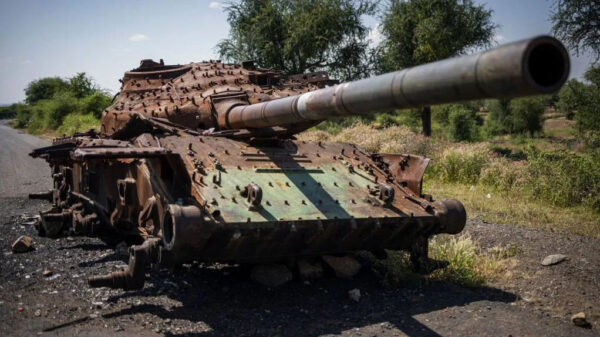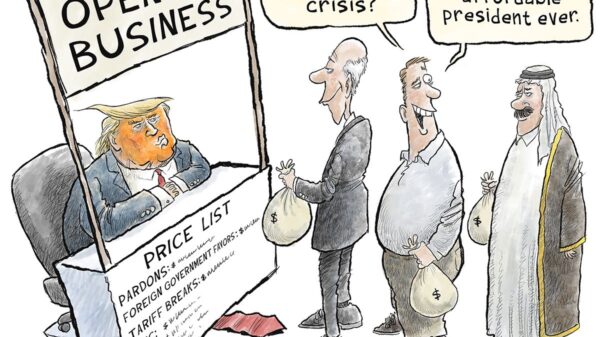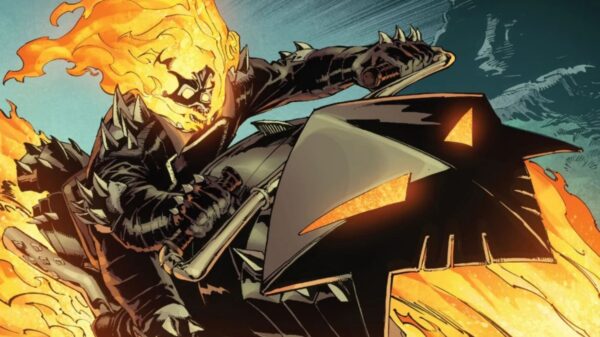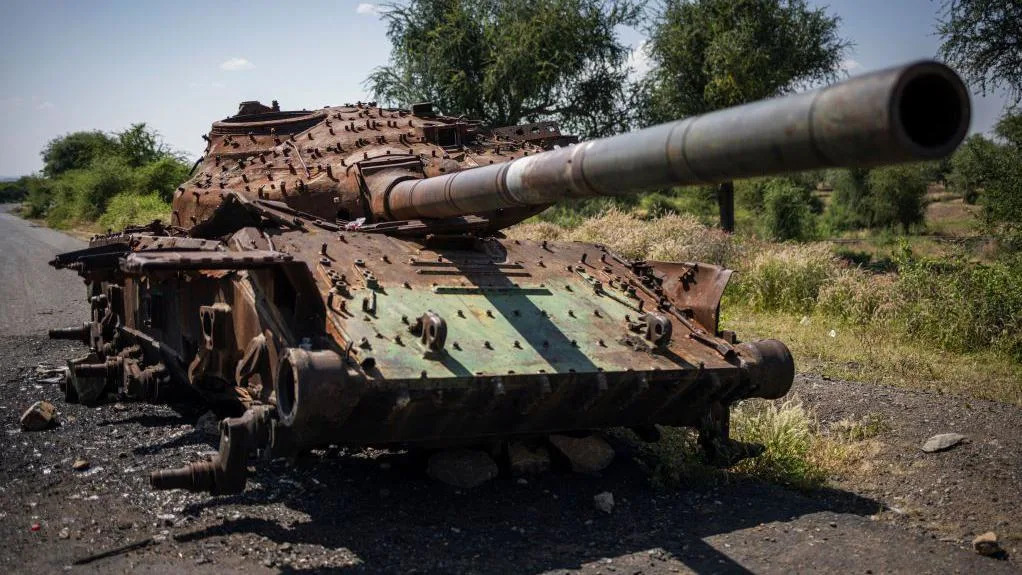Concerns are escalating over the potential for armed conflict between Ethiopia and Eritrea as aggressive rhetoric between the two nations intensifies. Tensions have risen significantly in recent weeks, primarily due to Ethiopia’s demand for access to the Red Sea, which Eritrea has met with defiance. The situation is particularly precarious given the historical context of the two countries, which have a long and troubled relationship.
Ethiopian Prime Minister Abiy Ahmed has declared that his country’s access to the sea is an “existential matter.” This assertion follows a series of remarks from Ethiopian officials claiming ownership of Eritrea’s southern port of Assab, located approximately 60 kilometres from the border. On September 1, 2023, Abiy stated that Ethiopia’s “mistake” in losing access to the Red Sea would soon be “corrected.” Such statements have alarmed Eritrean authorities, who dismiss these claims as unfounded.
The backdrop of this conflict is a history of strained relations. Eritrea gained independence from Ethiopia in 1993 following a protracted struggle, and a border war erupted five years later, causing over 100,000 casualties. The subsequent peace agreement in 2000 did not resolve underlying tensions, leading to intermittent hostilities.
In recent statements, Ethiopian officials have ramped up their aggressive stance. Bacha Debele, Ethiopia’s ambassador to Kenya, asserted that Assab is “Ethiopia’s wealth” and would be reclaimed “by force.” His comments reflect a broader military sentiment within Ethiopia, where army chief Birhanu Jula emphasized that the interests of Ethiopia’s population—projected to grow to 200 million in the next 25 years—should not be overshadowed by Eritrea’s two million. He stated, “We will strengthen our defence forces, speed up our development and secure a sea outlet.”
In contrast, Eritrea’s government has responded cautiously. Information Minister Yemane Gebremeskel has characterized Ethiopia’s claims as a “dangerous” agenda and warned that attempts to legitimise aggression would have “serious consequences.” Eritrea’s military echoed these sentiments, cautioning Ethiopian leaders against escalating tensions further. They issued a stark warning on November 13, stating that crossing certain thresholds could lead to dire consequences.
Despite the heated exchanges, there have been no significant military movements reported along the border. However, Ethiopia’s state media has showcased military graduation ceremonies, emphasizing the growing strength of its armed forces. Taye Atske Selassie, Ethiopia’s President, has promoted numerous senior officers, reflecting a commitment to military readiness. The Ethiopian army has also displayed newly acquired military equipment, including artillery and tanks, during national celebrations.
Eritrea maintains a mandatory national service, which trains thousands annually, but recent reports indicate movement restrictions on troops. Pro-opposition media have highlighted these developments, suggesting a cautious approach from Eritrean leadership in light of Ethiopia’s provocative rhetoric.
Media narratives in both countries have significantly shaped public perception. Ethiopian state media emphasizes a narrative that frames the loss of access to the Red Sea as unjust, mobilizing public sentiment in favor of reclaiming Assab. Demonstrations have been organized, with slogans reinforcing claims to the port. Reports suggest that the Ethiopian government is utilizing a digital outreach strategy involving up to 60,000 individuals to disseminate its narrative.
Conversely, Eritrean state media has condemned Ethiopian attempts to revisit settled issues, asserting that Eritrea cannot be held accountable for Ethiopia’s challenges. This shift in rhetoric from some Eritrean media outlets suggests a growing concern among Eritrean dissidents regarding the potential for renewed conflict.
The roots of this enduring tension trace back over a century, beginning with Italian colonization and subsequent British administration. Following World War II, Eritrea was federated with Ethiopia, only to be fully annexed in 1962, sparking a 30-year civil war that concluded with Eritrea’s independence in 1991. Relations between the two nations fluctuated throughout the 1990s, deteriorating into war in 1998 over border disputes.
Although a peace agreement in 2000 briefly eased tensions, relations soured again until 2018, when Abiy Ahmed aimed to mend ties with Eritrean President Isaias Afwerki. The signing of a declaration to end the state of war earned Abiy the Nobel Peace Prize, but the alliance has since deteriorated once more, particularly in light of Ethiopia’s internal challenges, including the Tigray conflict.
As the situation develops, both nations remain at a crossroads, with diplomatic channels seeming increasingly tenuous. The international community watches closely as the potential for conflict looms large once again in this historically volatile region.








































































